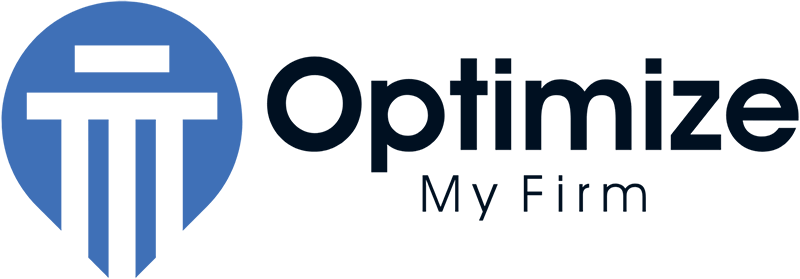We have seen an uptick in 2021 and 2022 from Copyright Trolls seeking money for images posted on law firm’s blogs.
This article explains what is happening and offers up your options.
The Initial Contact and Demand for Payment
It’s been happening to bloggers for years and now a law firm and some other companies are going after attorneys for images on their blog. The image may or may not be copyrighted – more on that in a moment.
As a content producer, I’ve had my work stolen online thousands of times. While I personally choose to ignore it and focus my effort on creating new content, the normal thing to do is send someone a cease and desist letter. That cease and desist letter can simply be an email that says “Hey buddy, you are using my picture without my permission and I’d appreciate it if you removed it.”
Unfortunately, the copyright companies are in this for the money, so they do not send a cease and desist letter like a normal person, they ask for money right away.
Here’s how it works:
- PicRights or another organization emails you to inform you that you’ve used a copyrighted image and they want a sum of money, usually somewhere between $600 – $1,400. Some of the people / companies who send out these letters include: Matthew Higbee, Higbee & Associates, PicRights, ImageProtect, CopyTrack, Ryde, ImageRights, Masterfile, Pixsy, LAPIXA, Permissionmachine and Photoclaim.
- People receiving the email are faced with a tough decision. They must ignore the email, respond or pay.
Should you pay up?
It depends. I am not going to offer any advice here but instead share my own personal experience and observations and let you know what your options are.
- Option 1 – ignore. If you click a link in their email, or log in to their site, they know you have opened their email and they’re likely to continue pestering you. I know of people who simply deleted their email without opening it. They were never sued. In fact, sometimes their email goes right to spam and you never even know about it. I have seen other people ignore them, too, even after opening their email and logging in to their site. Nothing happened. That said, Higbee has indeed sued people for copyrighted images.
- Option 2 – Reply. In one case one of our attorneys was getting harassed over a fair use image. The image was shared on Unsplash by the creator and the blog properly attributed the image, which was available for anyone to use. In this case we simply replied to them “You are mistaken. This is a fair use image as seen here on Unsplash. Thanks and have a great day.” We never heard from them again.
- Option 3 – Pay them. While I wouldn’t personally go this route, if you did indeed post an image on your site which belonged to Getty Images or another prominent site, you could pay them to make them go away. If you go this route, you should know that they’ll accept much less than they initially asked for. If they asked for $700, they’ll likely accept $300. Here’s a screenshot of an email from Hibee Associates hinting at negotiation:

- Option 4 – Fight them. Here’s an outstanding article by Attorney Paul Alan Levy: Consumer Warning: Copyright Trolling by Higbee and Associates. In the article, Paul points out how you may be able to shoot holes in their case and get rid of them.
- Option 5 – Hire a lawyer. Attorney Darren Heitner explains on Heitner Legal that they may be able to argue that no payments should be made.
Of course, what you should do depends on a few things. Did you steal the image? Are they actually representing the client?
Here’s a nice image I just found on Pixabay:

Is this a scam? Is it extortion? Is it legal?
Photographers and other content creators make a living by taking photos or producing content. Nobody should steal their images. However, some of these companies are contacting lawyers and bloggers about images even when they do not represent the photographer.
Some of these companies are “copyright trolling”. A copyright troll could be a company who scans the web, looking for unauthorized use of images. According to Wikipedia, A copyright troll is a party that enforces copyrights it owns for purposes of making money through strategic litigation, in a manner considered unduly aggressive or opportunistic, sometimes while without producing or licensing the works it owns for paid distribution.
Some of these companies do perform legitimate work for legitimate artists and photographers. Although some of them are simply sleazy organizations looking to get $300 – $400 from everyday bloggers (or law firms). It is often “legal”…. Barely.
Using Free Images Online:
We create a lot of content for law firms. We often purchase our images on Shutterstock. We do also use Pixabay, which is a CC0 image site, similar to Unsplash & Pexels.
Free to use images online come in 3 forms:
Recap:
If you receive a demand letter from PicRights or another company seeking money because you posted an image on your website, check to see if it was indeed free for you to use or if it was indeed owned by someone. If it was indeed owned by someone, decide how you will move forward.
If you have any comments, something to add to this article or questions, please contact me here and I’ll get right back to you.

